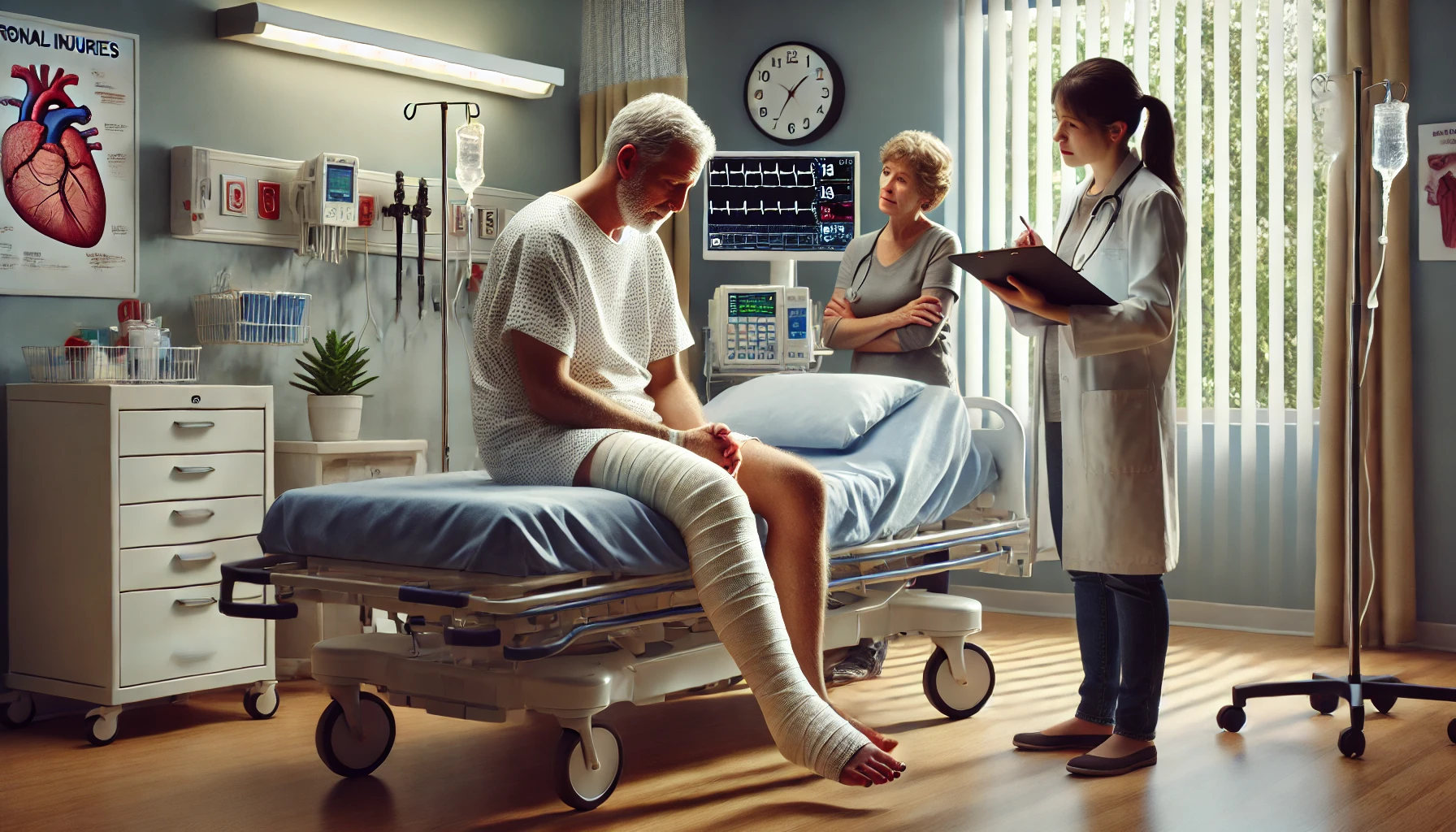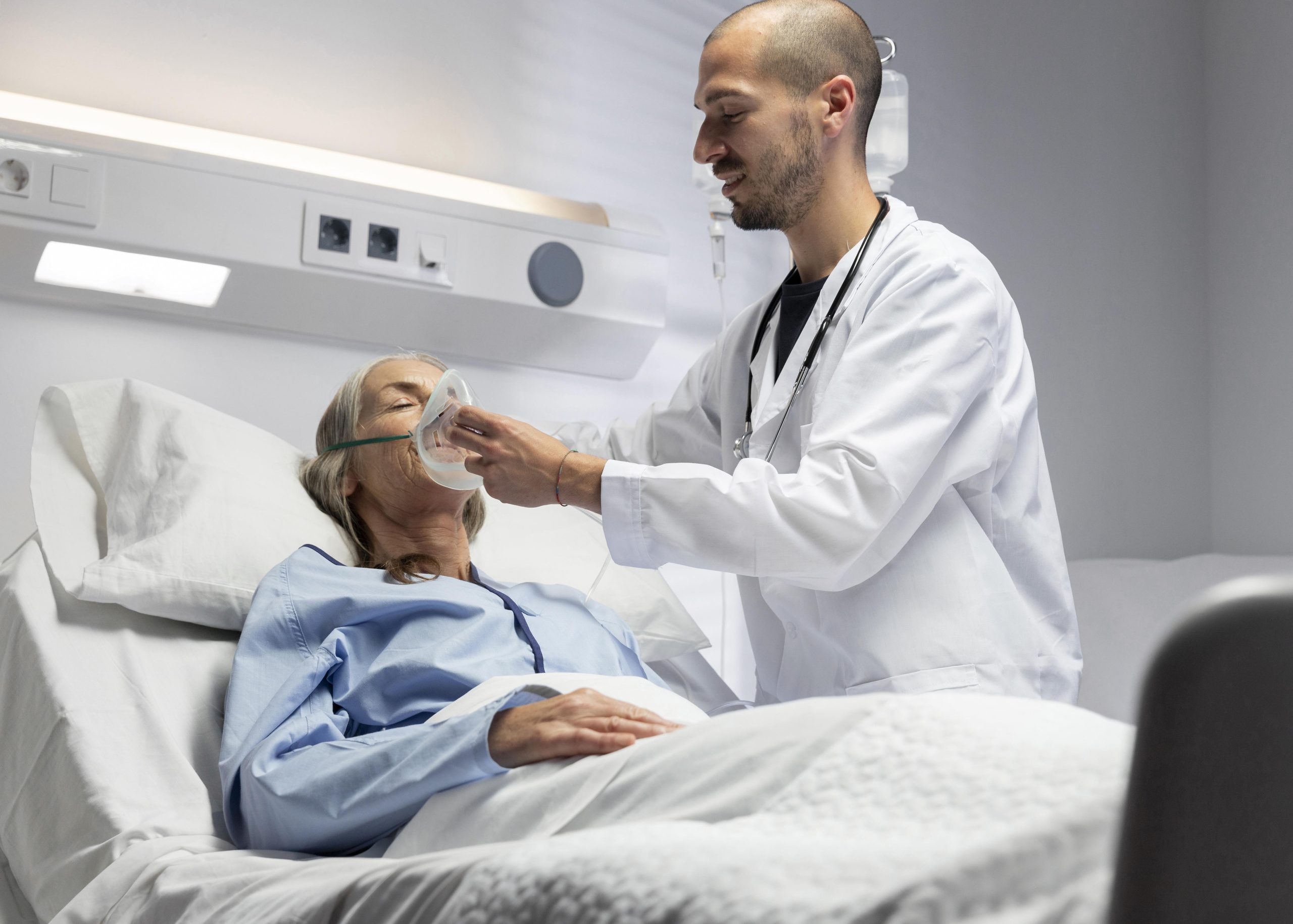When Health Meets Law: Understanding Personal Injuries in Healthcare Settings
Introduction
Injuries in healthcare environments — from hospitals to dental offices — can have profound consequences on a person’s quality of life. While medical care is designed to heal, sometimes things go wrong. Accidents in clinical settings, procedural errors, or negligence can result in unexpected harm. Knowing when and how to seek legal help becomes essential for patients navigating these complex and often overwhelming situations. A qualified injury lawyer in Scarborough can provide legal guidance to help victims secure proper compensation and accountability.
Personal injury law intersects with healthcare in many ways, addressing not just the physical aftermath of an injury, but also the emotional and financial toll it can take on individuals and families. This article explores how healthcare-related personal injury claims work, common injury scenarios, patient rights, and how legal intervention plays a role in the healing process.
What Constitutes a Personal Injury in Healthcare?
Personal injuries in healthcare settings generally stem from negligence or failure to uphold a duty of care. These injuries are often categorized under medical malpractice or dental negligence but may also include:
- Slips and falls in hospitals or clinics
- Surgical errors
- Incorrect prescriptions
- Dental tool-related injuries
- Failure to diagnose a serious condition
In each of these cases, the patient suffers harm that could have been prevented with reasonable care.
Dental Injuries: A Silent Legal Frontier
Dental malpractice is a subset of healthcare-related injuries that often goes unreported but can lead to significant physical and psychological trauma. Examples include:
- Nerve damage from root canals or extractions
- Misdiagnosis of oral diseases
- Permanent jaw or bite misalignment
- Infections from unsanitary tools
Unlike general medical errors, dental negligence may not always be obvious at first — symptoms can emerge over time. Victims may not realize they have legal options until the damage becomes irreversible.
Legal Grounds for Filing a Claim
To pursue a personal injury claim in a healthcare setting, the plaintiff (patient) must typically demonstrate the following:
- Duty of Care – The healthcare provider had an obligation to provide competent treatment.
- Breach of Duty – The provider failed to meet professional standards.
- Causation – The breach directly caused harm or worsened the patient’s condition.
- Damages – The patient suffered measurable losses (medical costs, pain, lost income).
In Ontario, the limitation period for filing such a claim is generally two years from the date the injury occurred or was discovered.
Impact of Healthcare Injuries on Long-Term Health
Beyond the immediate trauma, medical or dental injuries can lead to chronic pain, disfigurement, mental health issues, and financial strain. For instance:
- Dental injuries may require expensive reconstructive procedures and long-term orthodontic work.
- Surgical errors can cause internal damage, leading to lifelong health complications.
- Medication errors might trigger allergic reactions or organ failure.
The psychological effects — anxiety, depression, PTSD — can further hinder a person’s recovery and overall wellbeing.
When Hospitals and Clinics Are Liable
Not all healthcare injuries stem from individual negligence. Sometimes, institutions themselves are at fault:
- Inadequate staffing
- Faulty medical equipment
- Poor sanitation protocols
- Incomplete patient records
Hospitals and dental clinics have an obligation to maintain safe, clean, and well-managed environments. Failure to do so can make them legally liable.
Compensation in Healthcare Injury Cases
Patients harmed by negligence are entitled to seek compensation for:
- Medical and dental bills (past and future)
- Lost wages
- Pain and suffering
- Rehabilitation and therapy costs
- Loss of quality of life
Some serious cases may also involve claims for punitive damages, intended to punish egregious misconduct or willful negligence.
Navigating the Claims Process
Filing a claim against a healthcare provider or institution is complex. It often involves:
- Gathering medical records and treatment histories
- Obtaining second opinions or expert reviews
- Filing formal complaints to regulatory bodies (e.g., College of Physicians and Surgeons of Ontario)
- Legal correspondence with insurers and opposing counsel
A seasoned injury lawyer in Scarborough can streamline this process, ensuring the proper documentation is compiled and deadlines are met.
How Legal Help Supports Healing
Legal support is not just about securing a settlement — it’s about:
- Holding healthcare systems accountable
- Gaining access to better treatment options
- Receiving validation and closure
Many clients report that having legal representation helps them emotionally recover faster, as they feel their concerns are being taken seriously and acted upon.
Patient Advocacy and Legal Rights
Ontario has patient rights legislation that underscores:
- The right to informed consent
- The right to dignity and respect
- The right to access personal health information
These rights can form part of a legal strategy if they are violated during medical or dental care.
Tip:
Patients should always request detailed procedure summaries, keep records of appointments and communications, and document any complications as they occur.
Special Considerations: Vulnerable Populations
Some individuals face greater risks of being harmed in healthcare environments:
- Children: More susceptible to dental trauma and anesthesia errors.
- Seniors: Vulnerable to medication mix-ups and fall injuries.
- Patients with disabilities: May experience communication barriers and procedural oversights.
Legal professionals can help these patients and their families navigate specific accessibility and care standards.
Conclusion
The healthcare system is built on trust — but when that trust is broken, the consequences can be devastating. Whether it’s a botched dental procedure or a misdiagnosed illness, patients deserve recourse and support. Personal injury law ensures that those affected by healthcare negligence have a pathway to justice.
If you or a loved one has suffered harm in a clinical or dental setting, don’t wait until the damage becomes permanent. Legal guidance from a qualified professional can help protect your health, finances, and future.
- CPAP Machine Price and Cost in Canada - July 24, 2025
- Are Vaporizers Harmful to Health? - May 1, 2025
- Why Standard Door Width Is Essential for Healthy, Accessible Homes in Canada - April 24, 2025



